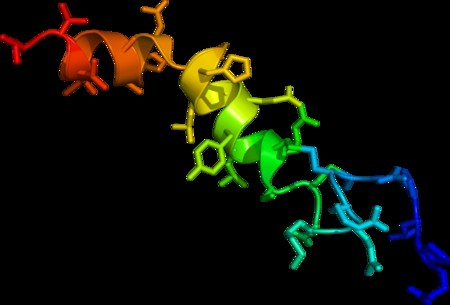
Narcolepsy
Narcolepsy is a long-term neurological disorder that involves a decreased ability to regulate sleep-wake cycles. Symptoms often include periods of excessive daytime sleepiness and brief involuntary sleep episodes. About 70% of those affected also experience episodes of sudden loss of muscle strength, known as cataplexy. These experiences can be brought on by strong emotions. Less commonly, there may be vivid hallucinations or an inability to move (sleep paralysis) while falling asleep or waking up. People with narcolepsy tend to sleep about the same number of hours per day as people without, but the quality of sleep tends to be lessened.The exact cause of narcolepsy is unknown, with potentially several causes. In up to 10% of cases, there is a family history of the disorder. Often, those affected have low levels of the neuropeptide orexin, which may be due to an autoimmune disorder. In rare cases, narcolepsy can be caused by traumatic brain injury, tumors, or other diseases affecting the parts of the brain that regulate wakefulness or REM sleep. Diagnosis is typically based on the symptoms and sleep studies, after ruling out other potential causes. Excessive daytime sleepiness can also be caused by other sleep disorders such as sleep apnea, major depressive disorder, anemia, heart failure, drinking alcohol and not getting enough sleep. Cataplexy may be mistaken for seizures.While there is no cure, a number of lifestyle changes and medications may help. Lifestyle changes include taking regular short naps and sleep hygiene. Medications used include modafinil, sodium oxybate and methylphenidate. While initially effective, tolerance to the benefits may develop over time. Tricyclic antidepressants and selective serotonin reuptake inhibitors (SSRIs) may improve cataplexy.Estimates of frequency range from 0.2 to 600 per 100,000 people in various countries. The condition often begins in childhood, with males and females being affected equally. Untreated narcolepsy increases the risk of motor vehicle collisions and falls.

